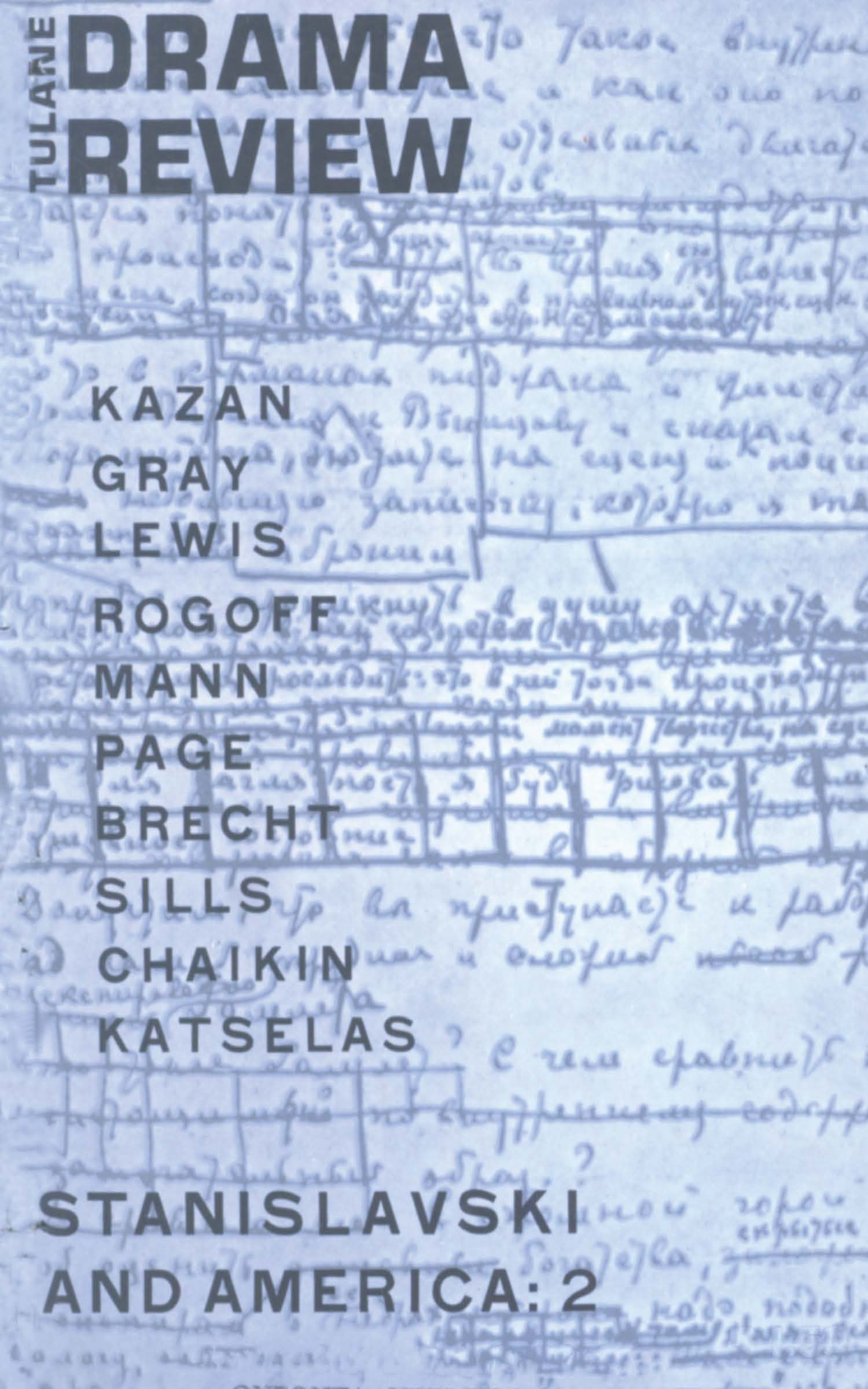No CrossRef data available.
Article contents
When Is A Play Not A Play
Published online by Cambridge University Press: 23 November 2021
Extract
Nowadays, what is more often than not meant by theatre is the theatrical realization of plays, yet any view of theatre that excludes opera and ballet is obviously incomplete. A careful examination of the natures of these three theatrical forms ought to reveal clearly the limitations and potentialities of each, and to indicate the desirability, or even possibility, of mixing the forms in order to make available new theatrical experiences. Naturally, such an examination cannot be accomplished within the space of a short article, and in any case a thorough examination will have to await the attention of some theatrical Leonardo da Vinci with vast knowledge, sensitivity, and experience. Yet the rushing of the fool into an unknown region has its value. If it results in disaster, wiser men are warned of things they would have had to establish by cautious experiment; but it is not unknown for an uncalculated risk to make clear to the angels that in fearing to tread they are being unnecessarily hesitant. Thus, the present expedition may hope to serve some useful purpose. Like many expeditions, its goal is a land long dreamed of, and its departure has been made under an immediate stimulus—in this case, the chance reading of three pieces in The Tulane Drama Review (September, 1959) immediately after looking through Mary Caroline Richards’ translations from Artaud.
- Type
- Research Article
- Information
- Copyright
- Copyright © The Tulane Drama Review 1960
References
Notes
1 Artaud, Antonin, The Theater and Its Double, trans. Richards, Mary Caroline (New York: Evergreen Books, 1958)Google Scholar—from which all of the Artaud quotations in the present article are taken.
2 Wellesz, Egon, Essays on Opera, trans. Kean, Patricia (London, 1950), p. 90.Google Scholar
3 Wellesz, p. 7.
4 Bentley, Eric, The Modern Theatre (London, 1948)Google Scholar—being the English edition of The Playwright as Thinker—p. 52.
5 Bentley, p. 53.
6 Interesting comments on the nature of music and the nature of the theatre are to be found in several articles in Polyphonie, Premier Cahier (Paris, 1947-48), especially in Boris de Schloezer, Le Temps du Drame et le Temps de la Musique.
7 Artaud, p. 37.
8 Artaud, p. 95.
9 Artaud, p. 72.
10 Eugene Ionesco, “Discovering the Theatre,” trans. Leonard C. Pronko, The Tulane Drama Review, IV, 1 (September, 1959), p. 12.
11 Ionesco, p. 16.
12 Ionesco, p. 15.
13 Ionesco, p. 16.
14 Joseph Chiari, The Contemporary French Theatre (London, 1958), p. 1.
15 Artaud, p. 41.
16 Artaud, p. 117. Artaud's italics.


